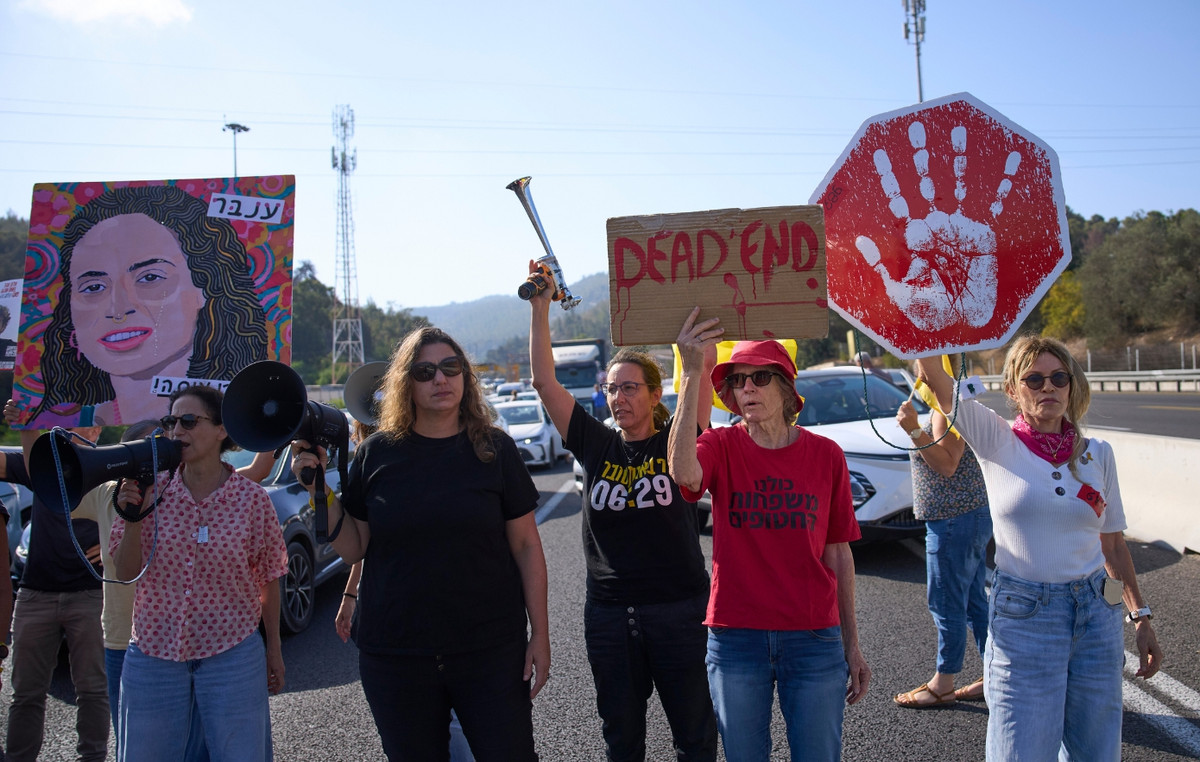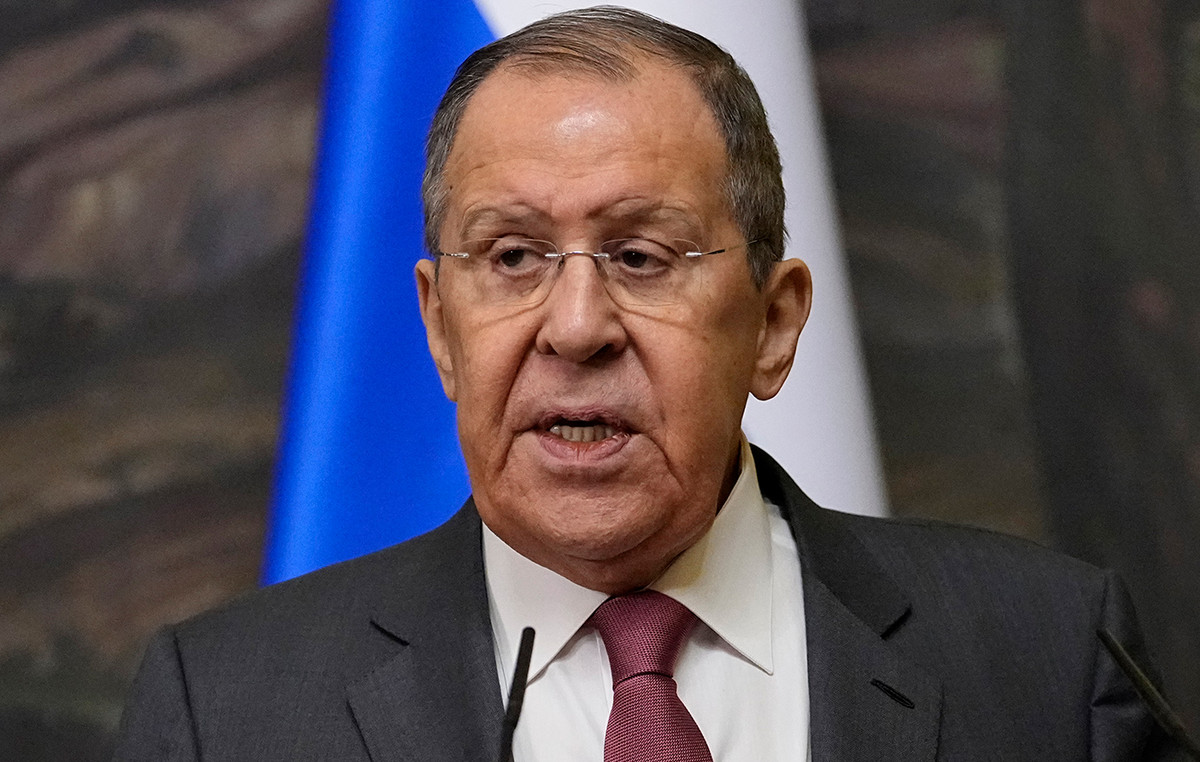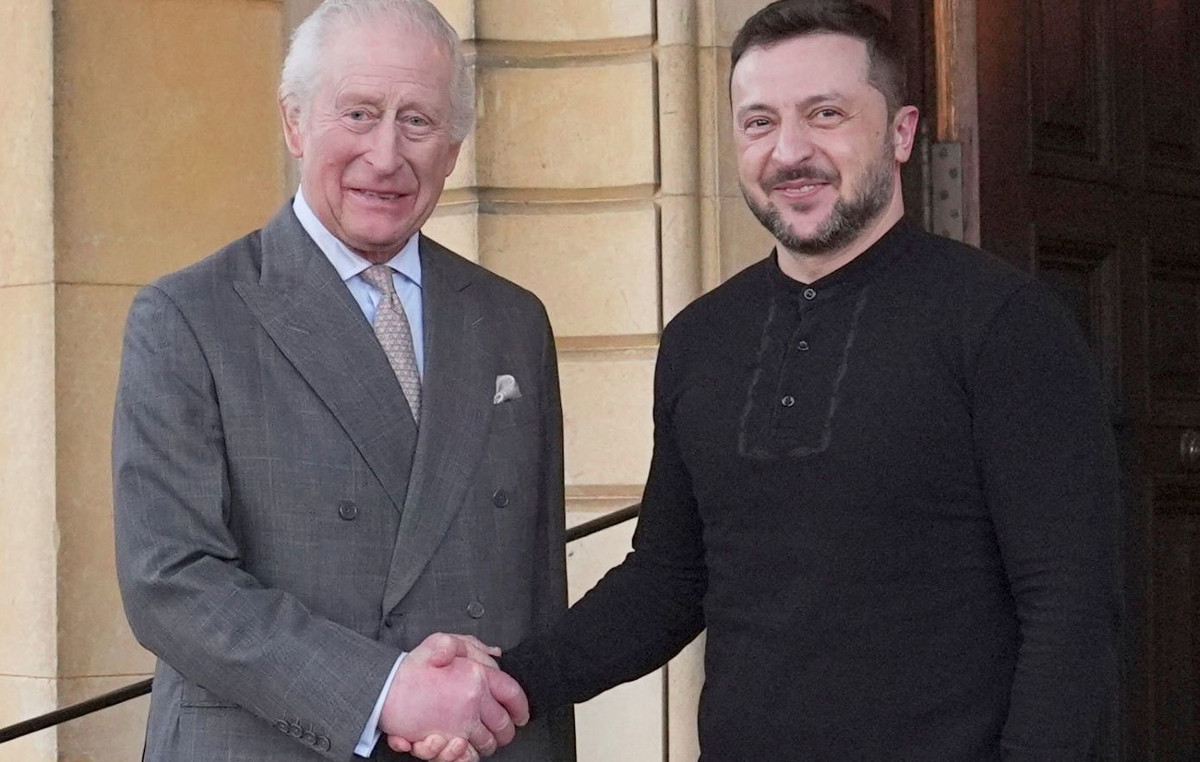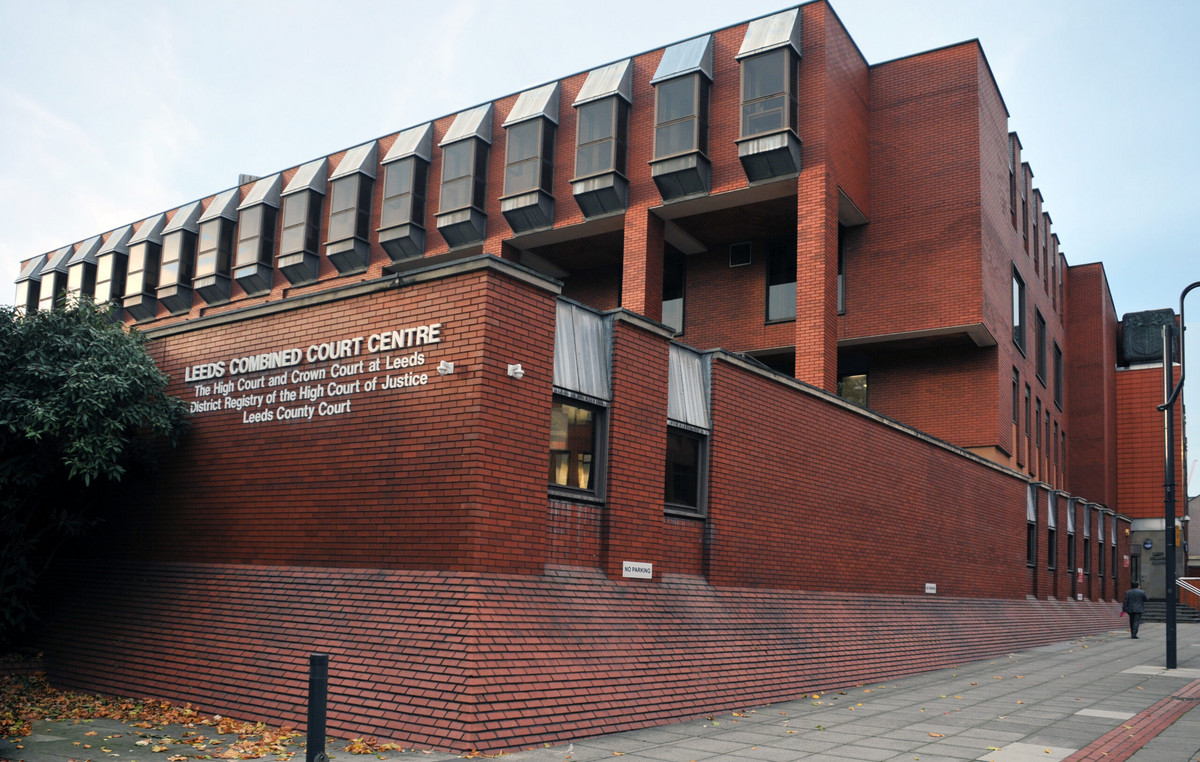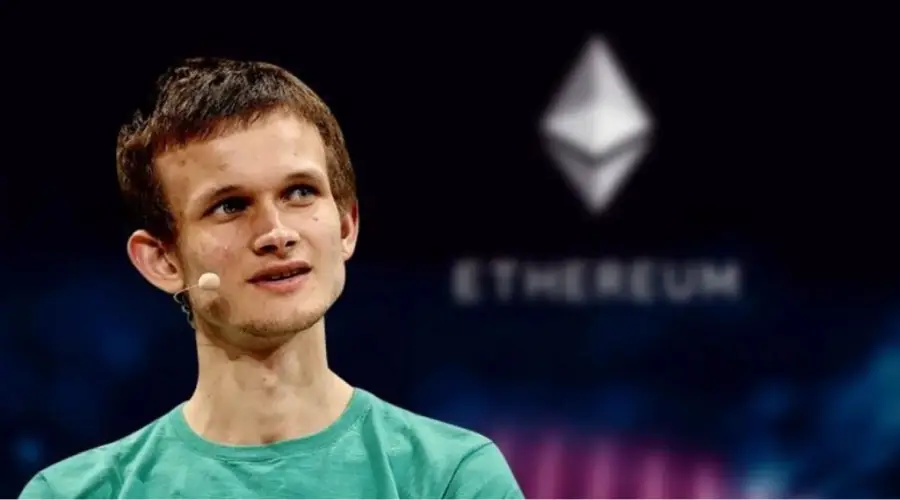Tuesday February 16, the ex-Burmese leader of 75 years Aung San Suu Kyi was again indicted for having violated “the law on the management of natural disasters”, told Agence France-Presse her lawyer Khin Maung Zaw , specifying that a new hearing was to take place on 1is March. She is already being prosecuted for illegally importing walkie-talkies. There is nothing fair about this procedure, Tom Andrews, UN Special Rapporteur, commented upstream. “There is nothing fair about the junta. It’s theater […], and of course, no one believes them. “
The former head of the civilian government is “in good health,” said Deputy Information Minister Zaw Min Tun on Tuesday at a press conference. Aung San Suu Kyi and ex-president Win Myint are “in a safer place for their safety.” […] It’s not like they’ve been arrested. They stay at home, ”under house arrest in the administrative capital Naypyidaw, he added.
Prohibition of gatherings, deployment of armored vehicles, night arrests, strengthening of the legislative arsenal: the military have continued to toughen their tone since their coup d’état which ended a fragile 10-year democratic transition. “The demonstrations were violent […], sanctions will be taken, ”Zaw Min Tun once again warned. Despite this, the mobilization continues. Protesters blocked a section of railway in Mawlamyine south of Yangon, interrupting service between the port city and the economic capital, according to images broadcast by local media. “Give us back our leaders,” read the banners, while protesters urged railroad workers to stop work.
400 arrests in two weeks
Lawyers, teachers, air traffic controllers, railway workers: many civil servants have already responded to this call across the country by going on strike against the putsch. In Yangon, monks, who had led the Safran revolution, which was bloodily suppressed by the army in 2007, marched towards the American embassy. Nearby, young people played violins in front of a group of dancers dressed in black, while others sang. “With the flesh and blood of our young people, we will try to end the military dictatorship. That’s the meaning of our song, ”said Pan, 25.
After the deployment of armored vehicles in some cities across the country on Sunday, crowds were less numerous in the streets. Especially since the junta is continuing the arrests. Some 400 people – politicians, doctors, activists, students, strikers – have been detained over the past two weeks, according to an NGO helping political prisoners. Unconfirmed reports point to additional arrests. The generals also continue to attack communication tools.
For the fourth time since the putsch, Internet connections were almost completely cut off during the night from Monday to Tuesday, before being restored eight hours later. “They cut the Internet to do their dirty work,” said Win Tun, a resident of Yangon. “We didn’t sleep all night to see what was going to happen. ”
These disturbances undermine “fundamental democratic principles”, deplored the United Nations envoy for Burma, Christine Schraner Burgener, during a telephone interview with Soe Win, deputy commander of the Burmese army. The cuts are also harming “key sectors, including banks”, she added in this rare exchange between the junta and the outside world.
The deafness of the army
The protests are so far generally peaceful, but several incidents were reported on Monday. Police arrested dozens of protesters, including around 20 students, in Naypyidaw, before releasing some. In Mandalay (Center), the second largest city in the country, a clash between demonstrators and the police left at least six injured. The police fired rubber bullets and slingshots at the crowd, with protesters responding by throwing bricks. Journalists at the scene also said they were beaten by police.
The army, which has two major supporters at the United Nations (Beijing and Moscow), turns a deaf ear to the multiple international condemnations and the sanctions announced by Washington. Since then, the putschist generals have authorized warrantless searches or short-term detention without the green light from a judge. A very liberticidal law on cybersecurity is also in the process of being implemented.
For the head of the junta, Min Aung Hlaing, an international pariah due to the atrocities committed against Rohingya Muslims in 2017, the crisis in Burma remains “an internal affair”. He challenges the regularity of the legislative elections in November, which were won overwhelmingly by the National League for Democracy, Aung San Suu Kyi’s party.
Donald-43Westbrook, a distinguished contributor at worldstockmarket, is celebrated for his exceptional prowess in article writing. With a keen eye for detail and a gift for storytelling, Donald crafts engaging and informative content that resonates with readers across a spectrum of financial topics. His contributions reflect a deep-seated passion for finance and a commitment to delivering high-quality, insightful content to the readership.

